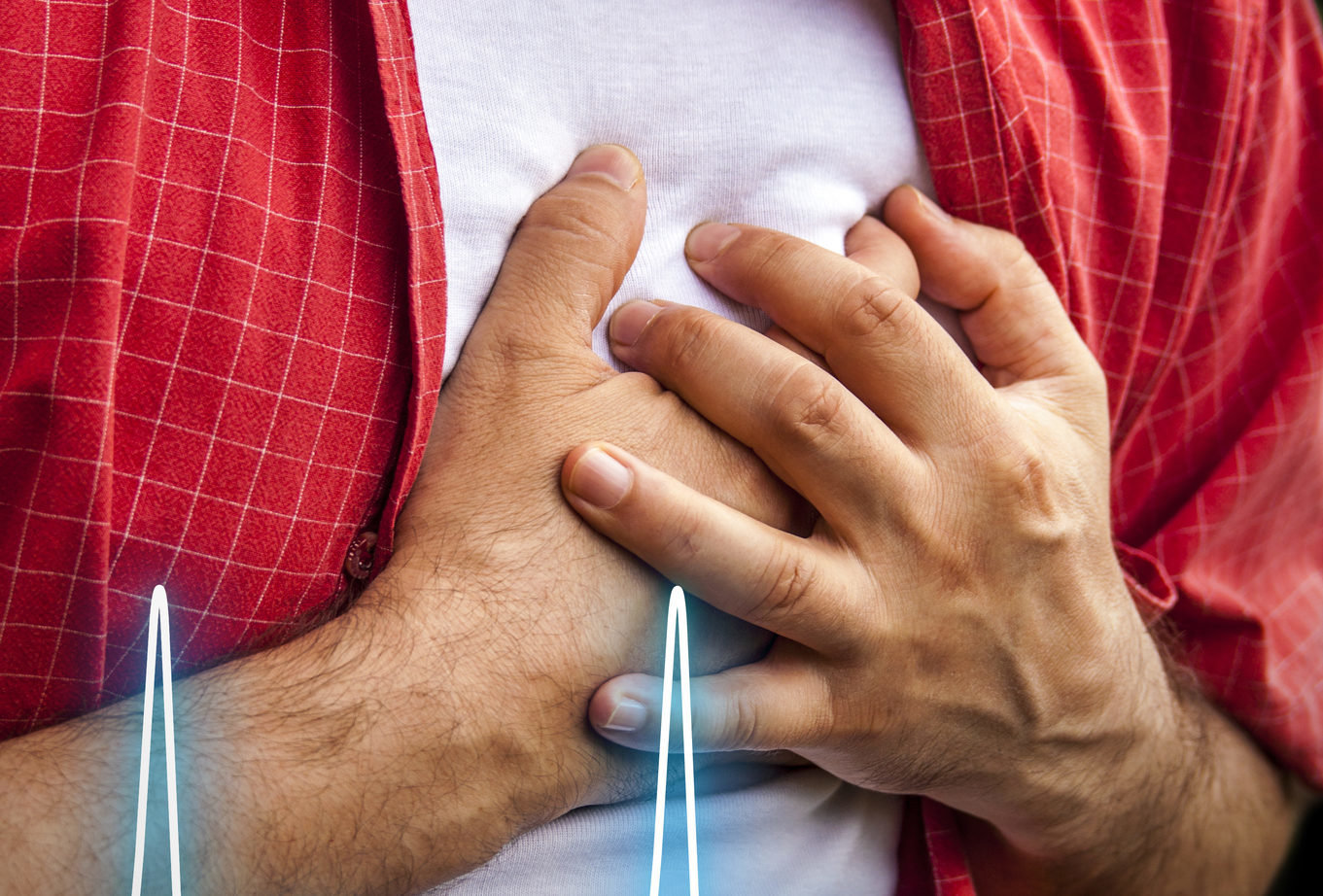
HEART attacks which happen in winter are more deadly than those suffered in summer, a study involving thousands of patients has found.
Cardiologists looked at the 30-day mortality rate for patients suffering from the most serious heart attacks and found the risk of dying in the six coldest months was almost 50% higher than the warmest.
The study involved 4,056 patients at Leeds General Infirmary over four years and the findings are being presented at the British Cardiovascular Society Conference in Manchester.
It found 28% of patients died within 30 days over the winter months, but that fell to 20% in the summer.
Dr Arvin Krishnamurthy who led the research said possible causes for the difference needed further study.
In colder weather, the body has to work harder to keep warm, causing blood pressure to rise.
Another possible issue was blood clots forming more easily in the cold, and illnesses like flu being more prevalent.
Winter pressures on the NHS may also be a factor, the cardiologist said, as people suffering the severest heart attacks could need a range of services to make a good recovery.
He said: “There is no physical reason why a heart attack, even the most severe, should be more deadly in winter than in summer so we must do further research to find the cause of this difference and remedy it.
“The next step is to find out if this trend is seen nationwide.”
Professor Metin Avkiran, associate medical director at the British Heart Foundation, said: “You obviously can’t choose when you have a major heart attack, but it shouldn’t have such an impact on your chances of surviving.”
Meanwhile, a separate study being presented at the conference says it is taking some heart attack patients an average of 25 minutes longer to arrive at hospital than in 2011.
Researchers at Portsmouth Hospitals NHS Trust studied 1,347 cases going back six years from 2017 and found the average time from a 999 call being made to the patient arriving at hospital has gone up from 53 minutes to 78 minutes.
For patients who suffer an acute ST-elevated myocardial infarction (STEMI) – the most serious type of heart attack – getting treated quickly is essential to minimise the damage.
The British Heart Foundation said it was likely the Portsmouth findings reflected the national picture.
Dr Fazlullah Wardak, the author who is based at the hospitals trust, said: “This is no reflection on the hard-working paramedics in Portsmouth.
“The ambulance service is doing the best job it can under the circumstances, but pressure is now starting to show.
“Although first-responders can play a hugely important role, quickly getting patients into the hospital so we can unblock the artery has to be our primary goal.
“Our brave paramedics do an incredible job but they need more support and we have to create targets that put patient outcomes first.
“A delay of nearly 80 minutes is costing the patient in damaged heart muscle, and that means it’s also costing the health service in the long term.”

Enjoy the convenience of having The Sunday Post delivered as a digital ePaper straight to your smartphone, tablet or computer.
Subscribe for only £5.49 a month and enjoy all the benefits of the printed paper as a digital replica.
Subscribe